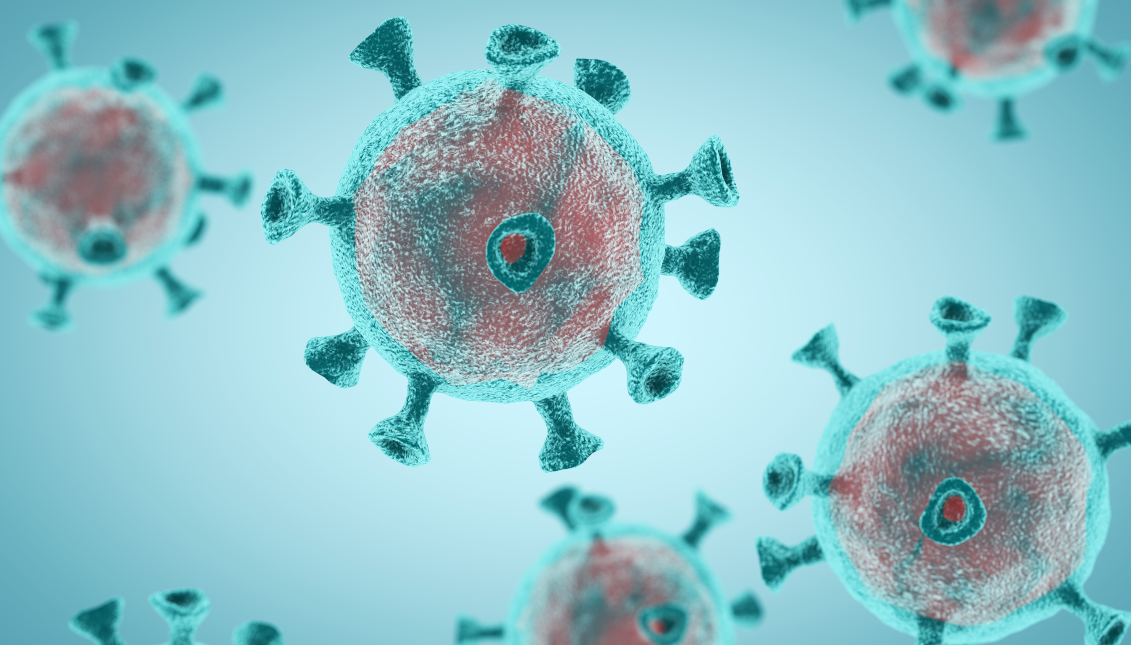
COVID-19 arrives to Venezuela, what does it mean for the region's diplomacy?
Although a few days later, the COVID-19 has finally arrived to Venezuela, what other impacts will it have?
After two and a half weeks watching the map of South America gradually fill up with red dots, as if it were a game of Risk, the Venezuelan government finally announced the arrival of the COVID-19 in its country. Thus far, the only territories that do not yet register cases are Guyana, Surinam and Uruguay.
It is uncertain whether the virus has barely arrived in Venezuela, whether the epidemic has been covered by a cloak of silence until now, or whether the country has simply not been able to collect data on the matter. In any case, it is worth asking how big a response will be from a country with a health system already devastated by economic impoverishment and which only managed to bring a two-year measles epidemic under control in January 2020.
According to the Venezuelan government's statements on Twitter, the two cases, identified in the state of Miranda, neighboring Caracas, have already been isolated and work is underway to identify possible direct and indirect infections. They also announced the adoption of health security measures.
#HaceMinutos || La Vicepdta. Ejecutiva, @DrodriguezVen, durante declaraciones al país: Ya estos dos casos están absolutamente aislados, están determinados los contactos directos y se está construyendo toda la cadena de contactos indirectos. pic.twitter.com/Jnd62TVXfO
However, beyond the delicate epidemiological considerations that this may have, it is worth thinking about other types of consequences that COVID-19 may have for the region.
On the one hand, the economic blow that Latin America is receiving as a result of the global contraction of the markets is considerable, particularly considering that the economy of most of our countries is strongly supported by the sale of raw materials.
RELATED CONTENT
On the other hand, it is possible that this new situation will contribute to re-establishing diplomatic relations between Colombia and Venezuela.
In January of this year we saw the beginning of a new chapter in the diplomacy of the absurd between Colombia and Venezuela with the capture in Venezuela of former Colombian Congresswoman Aida Merlano. Merlano was escaping from a sentence she was serving in Colombia for the crimes of aggravated corruption of the suffragette and the illegal manufacture, trafficking or carrying of firearms. When she was captured, Colombian President Iván Duque initially said that they would process her deportation with "the legitimate government of Juan Guaidó," but in view of the inescapable reality that Guaidó has no governability, they began to open communicating vessels between one nation and another.
The confessions that Aida Merlano offered to the Venezuelan authorities have shaken the Colombian political scene to the point that an an investigation process has been opened against President Duque before the Commission of Accusation and Investigation of the Colombian House of Representatives for the possible purchase of two million votes with drug trafficking money during the second round of his presidential campaign.
Now, with the arrival of the first two cases of COVID-19 in Venezuela and the 13 already in Colombia, Nicolás Maduro has asked Iván Duque to implement mechanisms to protect the border from the spread of the virus.
#Entérate || El presidente de la República Bolivariana de Venezuela, @NicolasMaduro, pidió a su homólogo colombiano, Iván Duque, implementar mecanismos que permitan proteger la zona fronteriza ante la propagación del coronavirus. https://t.co/D4Mndzm3BZ pic.twitter.com/XyVgln3bbx
The spread of a pandemic is never good news but, at least, there is the possibility that this situation will serve to change more than our habits of hygiene and meeting other people.










LEAVE A COMMENT: